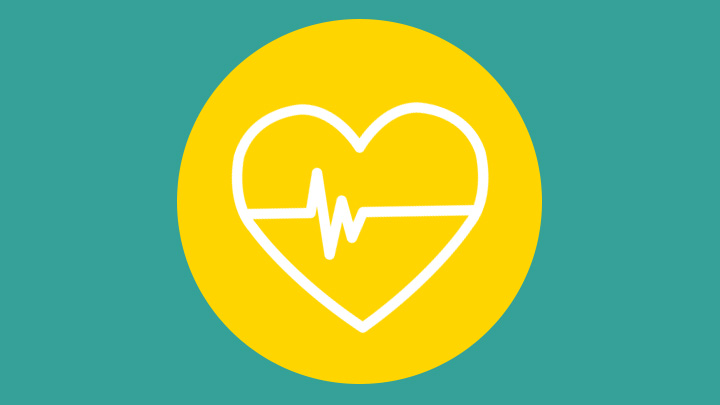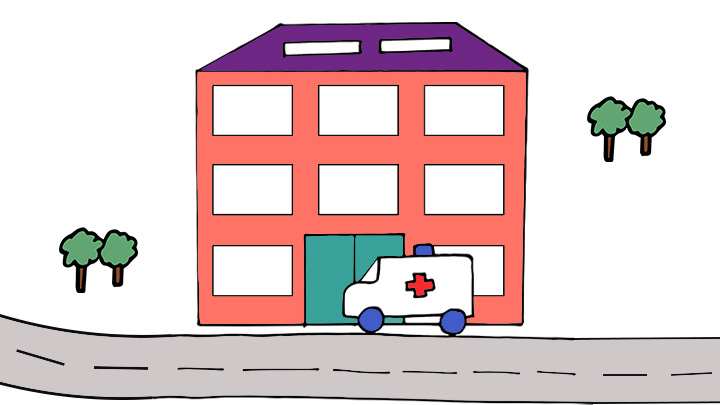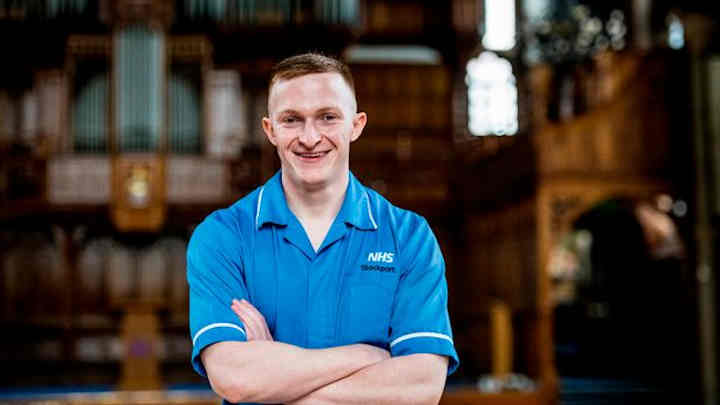Why nursing?
Nursing is never boring.
It can be exciting, exhausting and inspiring all in the same day!

Nursing is making a difference.
As a nurse you’ll influence people’s physical, mental, and emotional states.

Nursing is important.
You will play a key role and impact the quality of care, wherever you choose to work.

Nursing is varied!
There are so many different types of jobs and settings you can work in.

What do you do?
Explore some of the exciting areas you can work in as a nurse.
Adult Nursing
Adult nurses work with adults of all ages suffering from long or short-term illnesses and diseases. A typical day may involve assessing patients, administering medicine, monitoring patient’s conditions, wound care and updating patient records.
Read about how Adult Nursing graduate Adam is making a difference.
Read Adam's blog : Making a difference through nursing after my Manchester degree.

Children's Nursing
Children’s nurses care for children of all ages, from newborn babies to teenagers. You will work with other professionals to assess the needs of children and young people with health concerns, illnesses, injuries or disabilities. Duties can include distraction during procedures, administering medication, negotiating, and delivering treatment and monitoring its effectiveness.
Student nurse Wise tells us about her experience on a community placement.

Mental Health Nursing
Mental health nursing is about much more than the physical aspects of nursing that you might expect. The job involves caring for people’s minds and wellbeing. You’ll work with a team of other professionals to build relationships with people, helping them improve their quality of life by planning and implementing appropriate care.
Find out what inspired Hannah to be a mental health nurse.
Read Hannah's blog : Why I was inspired to study mental health nursing.

Where do nurses work?
Clinical
- Hospitals
- GP surgeries
- Operating theatres
- Psychiatric wards
- Specialist units
- A&E
- Intensive care units (including neonatal or psychiatric)
- Eating disorder units
- Humanitarian work
- Military

Research and education
- Universities
- Healthcare facilities
- Research organisations
- Laboratories
- Drug development units
- Clinical trials

Community
- Community health centres
- Health visitor
- Schools
- Prisons and secure units
- Residential centres
- Specialist clinics
- Care homes
- Patient’s homes
- Hospices
- Rehabilitation
- Homeless outreach

Management
- Hospitals
- Clinics
- Long-term care centres
- Specialist units
- Matron roles
- Director roles

The Facts
Job security
Graduates are often employed by an NHS Trust or other healthcare organisations. NHS providers are encouraged to recruit newly qualified nurses before vacancies formally arise. This forward-thinking approach means graduates can transition seamlessly from training into employment, reducing uncertainty and ensuring continuous patient care capacity. (source: england.nhs.uk)
You get paid to go to uni
Nursing students studying for a degree receive at least £5,000 a year, which they don’t need to pay back.
Money
As a fully qualified nurse in the NHS you can expect to earn £31,048 rising to £37,796 (Band 5). The highest paid positions (Band 8d) can rise up to £105,337 (source: nurses.co.uk)
Work with other professionals
Nursing is a team effort. As a nurse you’ll work with all kinds of specialists, from doctors and surgeons to therapists and care professionals.
The Manchester degree
The University of Manchester has a long tradition of excellent teaching for nurses. We pioneered the first full nursing degree in the country!
Over 70 ways to specialise
As a nurse, you can tailor your career to your interests. There is a world of opportunity for nurses to explore, including wound care, diabetes nursing, medical-surgical nursing, nurse anaesthetics, specialist mental health therapy, advanced clinical practise, learning disability nursing, and much more!
Keep fit
Nurses walk an average of three to five miles during a ten-hour shift.
Trustworthy
Nursing continually tops the charts for being the most honest and trustworthy profession (source: Gallup 2024 Honesty and Ethics Poll).
Information correct at time of publication: December 2025.
Nursing at Manchester
An amazing, inspiring, incredibly diverse career in nursing could be for you.
At Manchester you will be professionally educated, not just trained, which is why our graduates are so highly regarded.
You’ll become a critical thinker, always asking why and considering new ways of working to help you become the best nurse you can be.
Take the first step in discovering more about nursing courses at Manchester.
Study nursing
Join a rewarding and varied field where you will care for patients with a wide range of needs.

Adult Nursing
Find out how adult nursing can prepare you for a career working with adults of all ages.
Children’s Nursing
Discover how a degree in children’s nursing will prepare you for meeting the physical and mental health needs of children and young people.
Mental Health Nursing
Learn how a degree in mental health nursing provides you with the skills to support and care for mental health patients in a range of settings.
